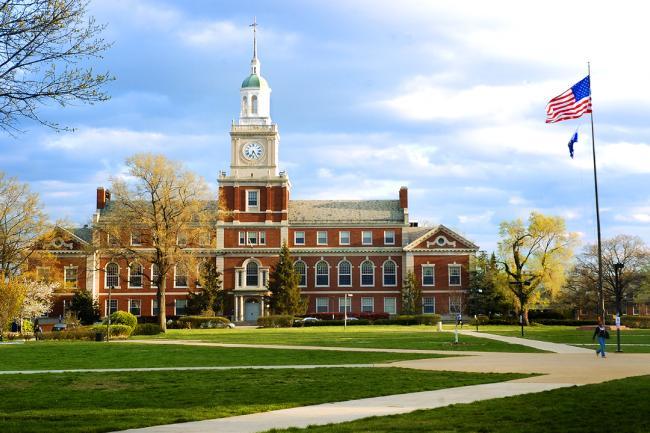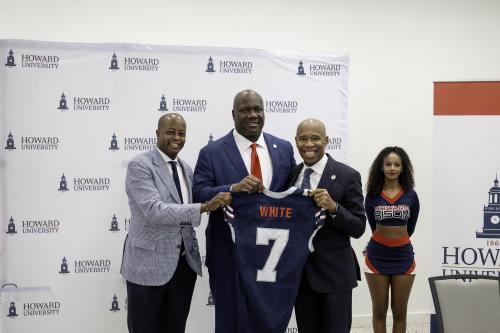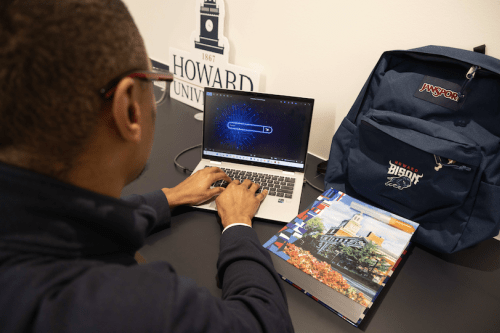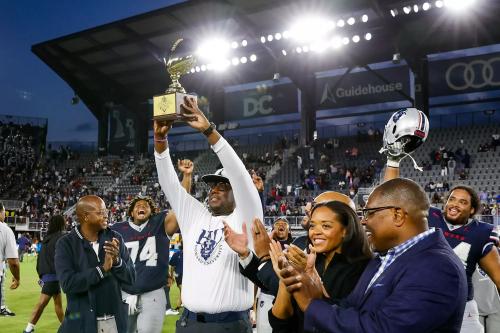Contact: Media Relations
Email: mediarelations@howard.edu
Phone: 202-288-7071
WASHINGTON, DC – As Howard University prepares to welcome students for the 2025–2026 academic year, we are taking active steps to assist students experiencing challenges related to financial aid and account balances. The University reaffirms its unwavering commitment to student success and to helping ensure that students are financially equipped to begin the academic year.
Over the past academic year, Howard completed the transition from the legacy BisonWeb platform to the new BisonHub platform. While students are made aware of their account balances throughout the year, during this transition process, of the total population of 14,500 students, approximately 1,000 student account updates were delayed between January 2025-June 2025. Students were also notified in October and November 2024 of the data transfer and potential impacts of access to their account information during the data transfer.
Registration holds were placed on the accounts of some students registered in the 2024-2025 academic year due to past due balances carried over from the 2023-2024 academic year. More than half of those accounts have been resolved due to student payments, financial aid or payment arrangements, and holds are being lifted on their accounts. The University is working to ensure that all students, including registered students with holds on their accounts due to past due balances from the 2024-2025 academic year, who are in need of service, are addressed prior to the start of the academic year.
The Office of the Bursar is working to expand in-person and virtual appointments, and access to financial counseling support, flexible payment plans, and emergency aid when possible.
While we are addressing the challenges related to the timing of the transition of students account data, we are also seeing an increase in the number of students who are publicly expressing frustration and concerns over rising financial pressures and the ability to con-tinue their education. Howard serves a highly diverse population of students, and a signifi-cant number of first-generation students. More than 70 percent of our students demonstrate high financial need, and more than 40 percent are Pell eligible.
Students are increasingly voicing concerns regarding family income losses related to recent federal workforce reductions. They are increasingly working multiple jobs and relying on loans, resulting in significant long-term debt. This makes the cost of education especially burdensome. The total number of student loans processed at Howard increased by 17 percent between 2023-2024 and 2024-2025 academic years from 5,882 to 6,905.
Recent federal cuts to research grants, education programs, and fellowships have com-pounded financial pressures on both students and faculty. Those cuts are limiting opportunities for students to engage in academic research, internships, and other professional development programs. Fellowships, which are critical for post-graduate students and researchers, have been slashed, diminishing opportunities for students to pursue advanced degrees and careers in academia, research, and innovation.
Our mission is grounded in equity and access. Despite these challenges, Howard remains among the most affordable private universities in the District of Columbia and the country. Our current tuition and fees total just over $39,000, in comparison to peer institutions. In the most recent academic year, Howard awarded more than $210 million in institutional aid to our students. This includes grants and scholarships, and we are actively working with students to secure state and federal financial aid and private support. We have also established a task force to examine our approach to aid, given changes in the education landscape.
Howard was recently recognized as one of the nation's top “Opportunity Colleges and Universities – High Access and High Earnings” by the American Council on Education and the Carnegie Foundation. Among all Research I institutions, Howard has the highest “access” ratio, based on Pell Grant recipient enrollment and representation of underserved populations. This means our ROI is strong. Howard graduates continue to have the highest median earnings eight years after graduation among all HBCUs, underscoring the lasting value of a Howard education.
We will continue to provide our students with guidance and support through these challenges and advocate for stronger resources, as we prepare them for meaningful success.
###





